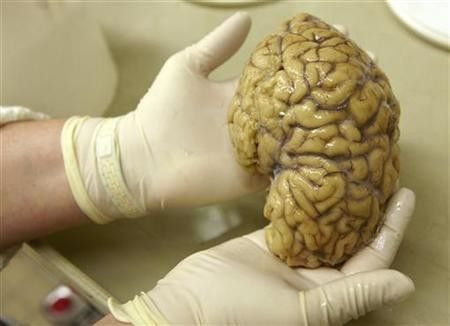Bad Memories Can be Changed into Good Ones, Say Scientists

Bad memories that leave a negative psychological impact on the minds of every people, can be overwritten by manipulating the brain cells, thereby reversing the emotions attached to a memory, neuroscientists said. Using mice for the experiment, scientists found the brain circuit that controls the link-up of memories with certain emotions.
After pain staking research and experimentation, neuroscientists have begun to understand the way the brain functions in attaching positive and negative emotions to memories. With the help of rats, the researchers found that the attached emotion could be changed or reversed using special light technique. Figuring out what leads to certain emotions is a medical breakthrough as this will help doctors to pin point the treatment required for mental illnesses. The findings were published in the August 28 issue of Nature.
As part of the study, the scientists divided male mice into two groups. These mice were injected with an algae protein, sensitive to light. They could thus identify when a new memory is formed and reactivate it when required using pulses of light.
One group of mice was allowed to play with female mice and the other group was given a light electric shock. While a positive memory was registered in the brain of the group that played with the female mice, the other group had bad memory because of the shock. The memory was then reactivated artificially with the help of light pulses.
The male mice that played with the female mice were given a shock and the ones who received a shock were allowed to play with female mice. The opposite experience proved to the scientists that the emotion associated with the new experience overpowered the original emotion, thereby rewriting the way they feel about it.
The finding can help in psychotherapy as it shows what exactly happens inside the brain. "The psychiatrist will talk with a patient suffering from depression and try to make them recall positive memories they have had in the past", said Susumu Tonegawa, director of the RIKEN-MIT Center for Neural Circuit Genetics at the Massachusetts Institute of Technology in Cambridge, Mass. He further added, "Apparently, this will reduce the effect of the bad memories they have had or the very strong stress they have had. But unless you look into the inside of the brain, you can't tell what's going on underneath the behavior".
Dr. Paul Sanberg, professor of neuroscience at the University of South Florida in Tampa is of the opinion that the study is promising. "If we can harness that information and carry it further, we may be able to come up with new clinical insights", said Sanberg.




















